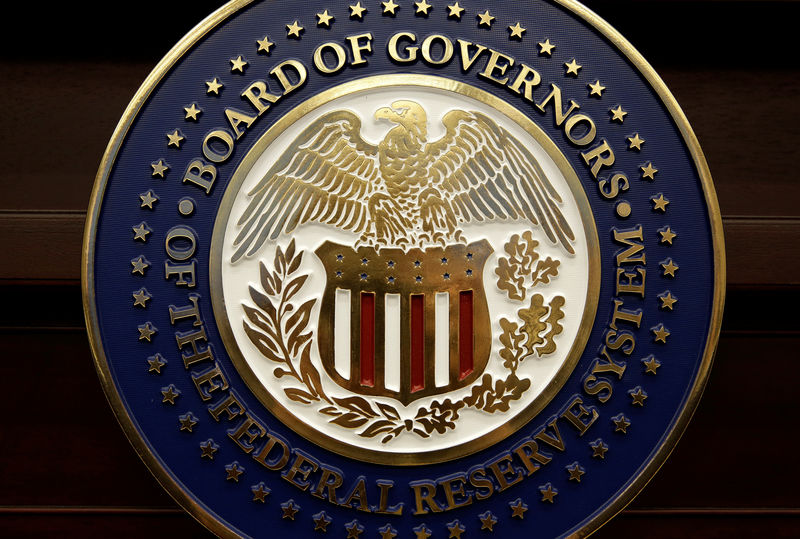(Reuters) - In a remarkable shift by one of the U.S. central bank's most hawkish policymakers, Esther George, president of the Federal Reserve Bank of Kansas City, on Tuesday made the case for patience and caution on interest rate hikes to avoid choking off growth.
After two years of nearly uninterrupted quarterly interest rate hikes, she said, borrowing costs were near a "neutral" level where they are no longer boosting nor braking growth.
"For now, it seems to me that we should proceed with caution and be patient as we approach our destination," George said in remarks prepared for delivery at the bank's headquarters. "A pause in the normalization process would give us time to assess if the economy is responding as expected with a slowing of growth to a pace that is sustainable over the longer run."
The remarks were a turnaround for George, who in 2016 - the last time she was a voter on policy - dissented against her colleagues' decision to pause rate hikes amid financial market volatility and signs of potentially weaker growth. But they are in synch with the emerging views of the Fed's most influential policymakers, including Fed Chair Jerome Powell, who also recently called for patience and flexibility.
George is a voting member of the Fed's policy-setting committee this year.
While low unemployment could mean the country is on the cusp of an undesirable surge in inflation, she said, so far inflation has remained anchored near the Fed's 2-percent goal, and has even shown signs of softening as the dollar has strengthened.
Growth next year is likely to slow, though remain above the economy's potential, she said; and yet uncertainty over trade policy and global growth has increased, and financial conditions have tightened and become more volatile.
And the economy has yet to see the full effect of past rate hikes, she said.
"Failure to recognize these lags could lead to an overtightening of policy, a downturn in economic growth and an undershooting of our inflation objective," she said. Further, the Fed is trimming its $4-trillion balance sheet, perhaps removing accommodation further.
"Again, this suggests it might be a good time to pause our interest rate normalization, study the incoming evidence and data, and verify our current location."

"It is possible that some additional rate increases will be appropriate," she concluded. "But making that judgment is not urgent and should depend on a careful look at the data and gathering additional insight into where our destination is, how much further we need to go to reach it and how quickly we should get there."